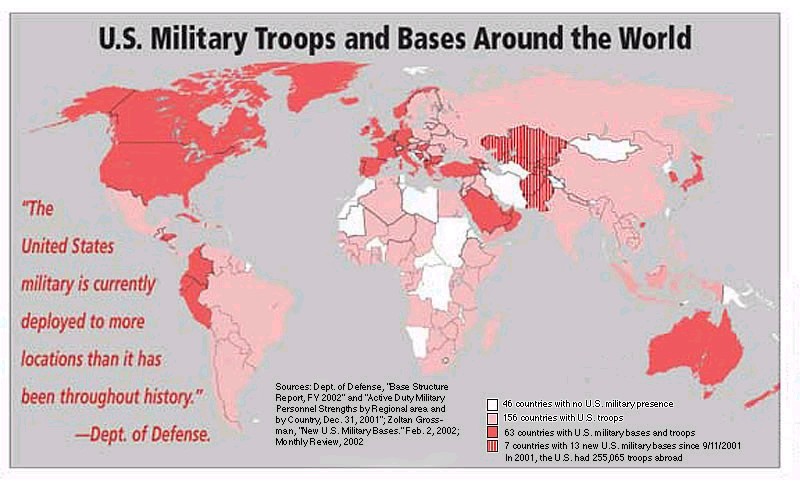
It’s said, too often, that the US military is the most powerful the world has ever seen. To be sure, that’s true in the sense of sheer destructive power, but it’s not true in terms of relative dominance.
The most dominant army in history, compared to its peer competitors, in my opinion, was likely the Mongols. (The Germans studied Mongol campaigns when created blitzkrieg doctrine.)
The Mongols did not lose a war until they ran up against the Mamlukes, who defeated them by copying them, with a horse archer army of their own. Mongol armies moved faster than WWII tank armies, coordinated multiple armies across hundreds of miles, arriving at the same time at pre-chosen points. Their tactics in battle tended to inflict disproportionate casualties.
A large part of Mongol dominance was genius-level leadership. I can’t think of any major historical figure who was better at picking subordinates than Genghis Khan: not only was he never betrayed by any of his generals, his administrators were brilliant, and his generals were almost all, themselves, great generals.
More than that, the Mongols did not rely on battlefield supremacy alone. Genghis Khan used traders as spies, and before he invaded anyone, he knew who within that country was unhappy and ready to rebel as well as who the enemies of that nation were.
Any internal or external weaknesses were exploited. After cities were captured, if they had resisted, he rounded up the men and used them as the first wave in the next city assault.

His genocidal activities were terrible (though a reading of the actions of many of his foes shows him no worse than them, just more effective), but they were militarily sound: he did not leave large, hostile, unpacified populations in his rear.
The Mongols also often brought enemy military units into their own ranks, reorganized them, and retained their loyalty. Mongol armies, even in Genghis Khan’s time, were made up more of non-Mongols than Mongols. Even so, the Mongols won battles against fores who outnumbered them regularly: they were not a horde at the beginning, but were fighting more populous countries with larger armies.
The key weakness of the Mongols was, in fact, Genghis Khan. His particular genius at choosing brilliant subordinates and earning their loyalty was not shared by any of his heirs. When the last general Genghis picked himself, Subotai, dies, there are not more great Mongol generals.
Nonetheless, the Mongol successor states wound up controlling the largest chunk of the world before the British Empire, and unlike the British, conquered the core civilized parts of the world: China, Persia; indeed, virtually all of continental Asia.
Europe was only saved by the death of the Genghis Khan’s (I remain unconvinced by arguments that the fragmented, easily played against each other, backwards Europeans would have been able to stop Subotai short of the Channel.)
Note further that the Mongols were able to rule those they conquered. They were able to create law and order; to put down rebellions, and so on.
The US army is a blunt instrument, incapable of winning what its masters want it to win (Iraq, Afghanistan); and it hasn’t been tested in main battle against a peer foe in a long time (China/Russians/Europeans).
Theoretical overwhelming power is all very nice, but lets see how that fleet with its big, clumsy, exposed aircraft carriers (for example) does against someone like China who has been specifically gearing to destroy it, rather than against tribesmen or 3rd rate powers (Saddam’s Iraq) which had no means of fighting it.
A military must be judged by what it can do. The American military can destroy countries, it can blitz countries, but it can’t hold them. Dominant? Sure. Most dominant in history? No. And we’ll see what happens to its dominance when it is really tested.
Osama bin Laden had a thesis: his theory was that the Americans could be defeated if they could be convinced to occupy a Muslim country where they could actually be fought. He was right.
Which General or Military Theorist today will turn out to have had the theory that the US military can be defeated in conventional non-occupation war, which was right? Is it a Chinese theorist?
We’ll find out. All periods of military dominance end. The Mongols did, the British did, the Romans did, the Greeks did, and so on. The question is just when, and how.
By Ian Welsh
http://www.ianwelsh.net/comparative-military-dominance-and-the-end-of-american-hegemony/
